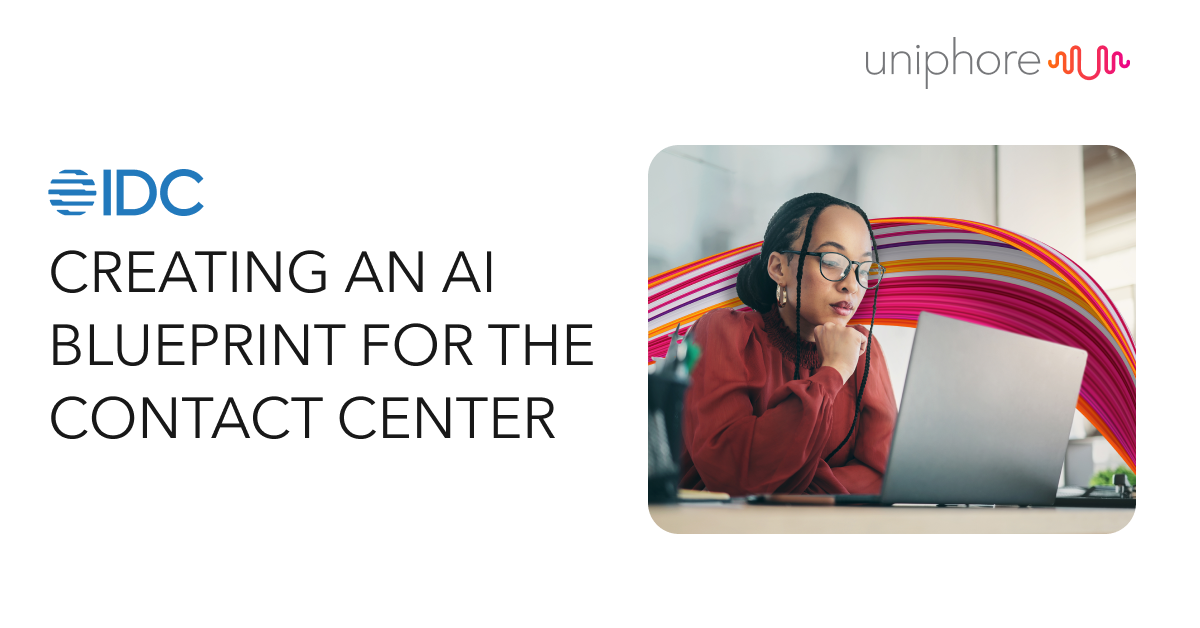The rapid advancements in the proficiency of AI have led to the familiar concern that it will cause a dearth of jobs and an increase in unemployment. But let’s address the monster under the bed; is AI going to steal jobs?
Throughout history, people have often felt threatened by machines. With every technological innovation that offers faster and more accurate options, there has been a bleak picture for jobs and employment. Yet, here we are today, having survived the massive automation of the industrial revolution and the age of computerization. The industrial revolution transformed the rules of economics, employment and the face of society. Then came computerization, which, despite our skepticism, is now an intrinsic part of our lives. Interestingly, what both of these revolutions ushered in was a focus on and an expectation of increased efficiency.
So, will the Artificial Intelligence (AI) revolution be any different? There is little doubt that AI holds tremendous potential to change our lives. Computers and robots will possibly attain or come close to attaining human intelligence in the next couple of decades. The rapid advancements in the proficiency of AI have led to the familiar concern that it will cause a dearth of jobs and an increase in unemployment. But let’s address the monster under the bed; is AI going to steal jobs?
No guarantee can ever be given on the ebb and flow of jobs, even if AI is not taken into consideration. But right now, the guarantee is that AI will change society, and soon we will not be able to imagine our lives without it. It will do away with tasks that don’t need human intervention. Free from monotonous work, humans will then be able to do more ‘human’ things — indulge in more creativity and develop new products, services, and entire new industries. It will allow us to use our brains and abilities in a more inspired manner. Yes! AI, like previous technological revolutions, will make our lives more efficient and easier.
Although technological revolutions come with their share of upheaval, they create different sets of opportunities. The ones who are ready will have the jobs. New human skills will be required, and new categories of jobs will surface, some of which we may not foresee now. Jobs will shift and change but will never completely disappear. That I am confident of.
So, how do you ensure that you do not end up being out of a job as AI becomes more ingrained in the fabric of our society?
Here are a couple of things you can do:
- Upskilling: One of the ways to prevent yourself from becoming redundant is upskilling. Everyone, from Entry Level to CEOs, needs to upskill to avoid being left behind. Upskilling also helps to keep abreast of social, technological and economic changes.
- Parallel skilling: Another possible way to make sure that you do not become obsolete is something I like to call ‘parallel skilling’—skilling yourself to have parallel abilities apart from what you do currently. Having a multitude of skills, sometimes seemingly unrelated, might be what is required. It’ll open doors for new possibilities, ensuring that you are never obsolete.
To give it another perspective, we must look at AI as a partnership, rather than an ‘us versus it’ scenario. The human brain has inspired AI and that in itself is impressive, but there are differences between the human brain and AI. So, the real power will always reside with human beings and our ability to connect with other humans… even with AI augmenting our skills and capabilities. Each of us has our strengths and using AI can be to our advantage. What I envision is a partnership between humans and AI that will maximize competency and efficiency.
Right now, AI is making our lives easier and more efficient in ways that we may not completely grasp. With its sophistication snowballing faster and faster, AI has the potential to outperform the hype around it and open up more advanced, exciting, fantastic, and endless possibilities. Possibilities that we could only fantasize about; possibilities that will actively make our lives easier.
To sum up, jobs are still going to be dependent on human cognition and contextual awareness. Currently, I see no risk of machines, or for that matter AI, taking over all our jobs. But what we can anticipate is a human-machine partnership that will not only maximize efficiency but also performance. Productivity can be taken to the next level by this effectual partnership between man and machine. It is a future to anticipate because the possibilities are not only endless but also exciting!
Yes! AI is here to stay. And the future is bright and intelligent, with a big splash of creativity.
Source: businessworld.in/, published: November 13, 2019.
)